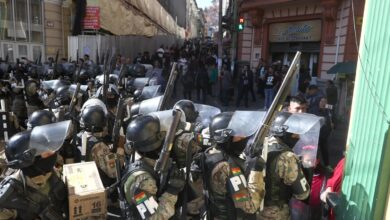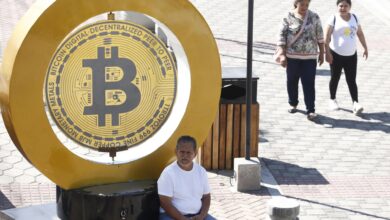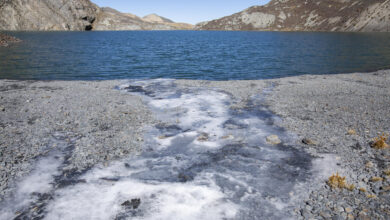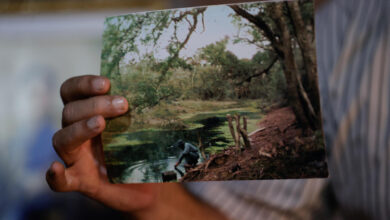Bolivian Qhara Qhara’s Fight for the San José Galleon’s Treasure
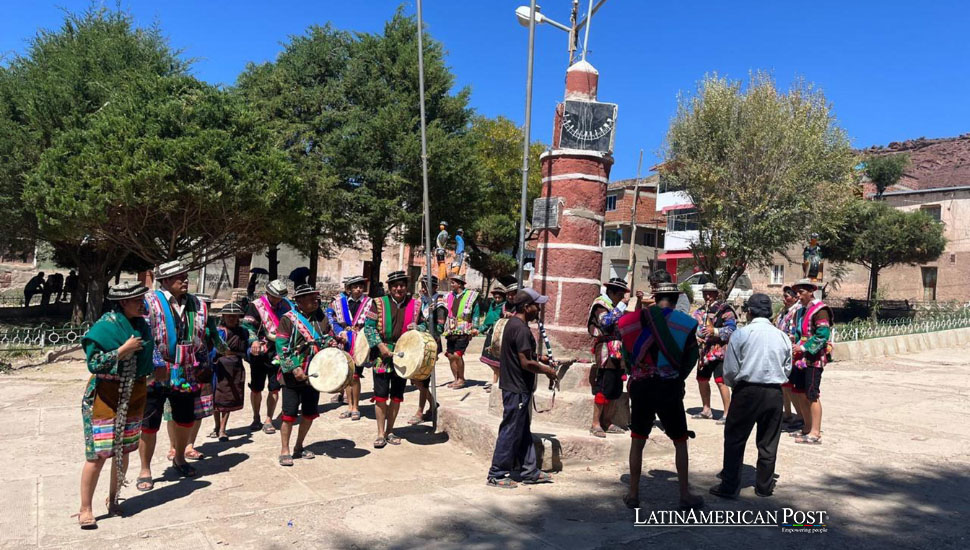
Samuel Flores of Bolivia’s Qhara Qhara nation seeks to reclaim gold and silver from the sunken Spanish galleon San José, asserting ancestral rights over the riches plundered over 300 years ago and calling for historical rectification through dialogue and cultural preservation.
In the heart of Bolivia’s Potosí region, the Qhara Qhara nation, represented by Samuel Flores, is embroiled in a quest to reclaim treasures lost to the depths of history. The San José, a Spanish galleon sunk off the Colombian coast over three centuries ago, lies at the center of an international dispute involving gold and silver believed to be extracted from Qhara Qhara lands. This case transcends material recovery, embodying a broader struggle for historical vindication and cultural heritage.
Advocating for Shared Heritage
Flores, the legal voice of the Qhara Qhara before the Inter-American Commission on Human Rights (CIDH), advocates not for commodifying the recovered treasures but for their transformation into symbols of shared heritage preserved in a museum. The San José’s cargo, found in 2015, has since ignited claims from Colombia, Spain, and now the indigenous nations of Bolivia, each asserting rights over the ship’s contents.
The narrative of the Qhara Qhara is not isolated; it resonates with indigenous communities across Latin America, who share a history marred by colonial exploitation and cultural erosion. The recovery of San José’s treasures is seen as a legal battle and a step towards healing historical wounds and restoring dignity to indigenous peoples who have long been marginalized.
The Qhara Qhara, with a population of around 28,000, have maintained their identity and traditions despite the legacy of colonization that left deep-seated scars in their community. Flores’s demand for reparations from Spain underscores a call for accountability and acknowledgment of the past’s injustices.
The involvement of the Colombian government under President Gustavo Petro signifies a pivotal moment in this saga, offering a platform for dialogue and reconciliation. The invitation extended to the Qhara Qhara to participate in San José’s maritime exploration underscores a growing recognition of indigenous rights and perspectives in the stewardship of cultural and historical legacies.
Shifting Paradigms of Valuation
The ship’s sinking in 1708, laden with vast quantities of gold and silver, epitomizes the era’s mercantile and colonial endeavors that often disregarded the sovereignty and welfare of indigenous populations. Colombia’s designation of the San José as a cultural asset in 2020 reflects a shifting paradigm, where the ship’s value transcends monetary appraisal, encapsulating broader historical and cultural significances.
This unfolding narrative is not merely about the distribution of ancient wealth but speaks to more prominent themes of cultural preservation, historical justice, and the reaffirmation of indigenous identities in Latin America. The Qhara Qhara’s campaign to reclaim San José’s cargo represents a microcosm of the region’s indigenous movements, striving to recognize, respect, and rectify historical grievances.
As the exploration of San José progresses, Flores’s collaborative approach, involving scientific experts and indigenous wisdom, could set a precedent for how such endeavors are conducted globally. This partnership embodies a holistic understanding of history, where archaeological pursuits are intertwined with acknowledging indigenous heritage and rights.
The saga of the San José ship, laden with the spoils from the Andean highlands, transcends its underwater grave, surfacing as a poignant symbol of Latin America’s colonial past and its reverberations in the present. The journey of the Qhara Qhara, from the rugged terrains of Potosí to the maritime depths off Colombia’s coast, encapsulates a quest not only for lost treasures but for the restoration of a narrative long submerged by the tides of history.
Also read: Reviving Moxa: Bolivia’s Linguistic Heritage Unearthed
The battle for San José’s treasures is more than a legal contest; it is a clarion call for historical reconciliation, cultural recognition, and the reclamation of indigenous sovereignty over stolen legacies. As the Qhara Qhara nation stands on the precipice of a historic reclamation, their struggle illuminates the path for indigenous communities across Latin America, seeking to recover their histories and heal the scars of a tumultuous past.

